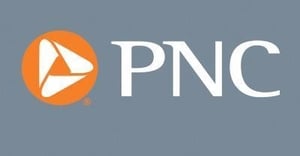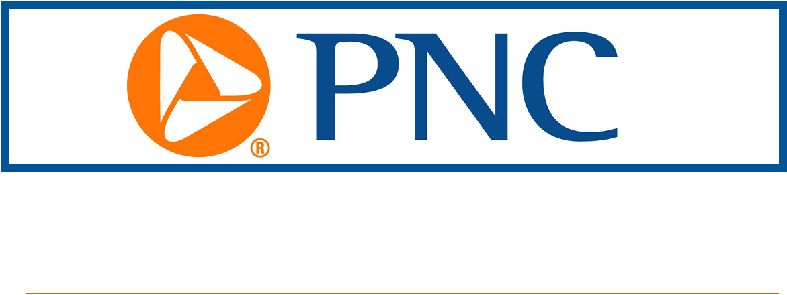 Core Inflation Is Gradually Slowing
Core Inflation Is Gradually Slowing
- Nominal after-tax income rose 0.5% in March with the good labor market. Real after-tax income was up 0.2%.
- Nominal consumer spending rose 0.8%, with real consumer spending up 0.5%.
- Both the overall and core PCE price indices rose 0.3% in March.
- Overall PCE inflation accelerated to 2.7% year-over-year in March. Core PCE inflation was unchanged year-over-year in March at 2.8%. Core inflation is gradually slowing to the Federal Reserve’s 2% objective.
- The personal saving rate fell in March to its lowest level since late 2022.
- Personal income and consumer spending will continue to increase throughout 2024.
Nominal personal income increased 0.5% in March from February, an acceleration in growth of 0.3% the prior month (unrevised). There was a large 0.7% increase in wages and salaries in March thanks to the historically strong labor market. After-tax personal income also rose 0.5% in March.
Nominal consumer spending jumped 0.8% in March from February, the same strong pace as in February. There were solid increases in spending on services and both durable and nondurable goods over the month.
The personal consumption expenditures price index increased 0.3% in March, the same pace of inflation as in February. The core personal consumption expenditures price index, which excludes food and energy and is the Federal Reserve’s preferred inflation measure, also rose 0.3% in March. The core PCE price index rose 0.3% in February and 0.5% in January.
On a year-ago basis overall PCE inflation was 2.7% in March, up from 2.5% in January and February, and returning to around the same pace of late 2023. Core PCE inflation was 2.8% in March, the same pace as in February, and down from 2.9% in December and January. Core inflation is gradually slowing after peaking at above 5% in 2022. But the progress has been bumpy, and core inflation is still well above the Federal Reserve’s 2% objective.
Real (inflation-adjusted) after-tax income was up 0.2% in March, with real consumer spending up 0.5%.
With spending up more than income, the personal saving rate fell to 3.2% in March from 3.6% in February. This is the lowest monthly saving rate since October 2022.
The March data on personal income, outlays, and PCE inflation was largely positive. Income growth is very good thanks to the very strong labor market, with good job growth and wage gains. Consumer spending continues to rise thanks to income growth and rising household wealth with higher stock prices and home values, although high interest rates and inflation are drags.
The inflation news was good but not great. PCE inflation is running a little slower than CPI inflation; the Fed is more focused on the PCE price index. Core PCE inflation was 3.7% annualized in the first quarter of 2024, up from 2.0% in the second half of last year. But after a big increase in core inflation in January, the pace slowed somewhat in February and March. And technical factors should lead to a further slowing in core PCE inflation in the months ahead. Progress toward the central bank’s 2% objective will be slow, but inflation should gradually ease over the rest of this year. This should allow for fed funds rate cuts in the second half of 2024.
One concern is the drop in the personal saving rate in March, to its lowest level since late 2022. Households will need to increase their saving in the months ahead, weighing on spending growth. But with solid income growth, consumers can still increase their spending, just at somewhat below the recent strong pace. This slower consumer spending growth will contribute to an overall slowing in economic growth in 2024 compared to 2023. But households do not need to cut spending, and the US economy should avoid recession in the near term.
The PNC Financial Services Group, Inc. is one of the largest diversified financial services institutions in the United States, organized around its customers and communities for strong relationships and local delivery of retail and business banking including a full range of lending products; specialized services for corporations and government entities, including corporate banking, real estate finance, and asset-based lending; wealth management and asset management. For information about PNC, visit www.pnc.com.














